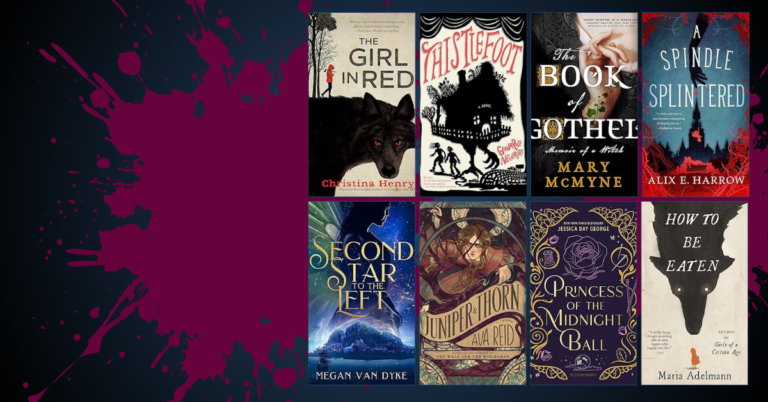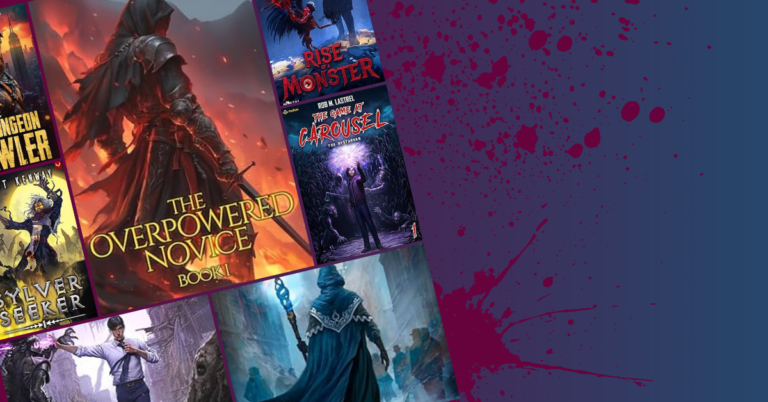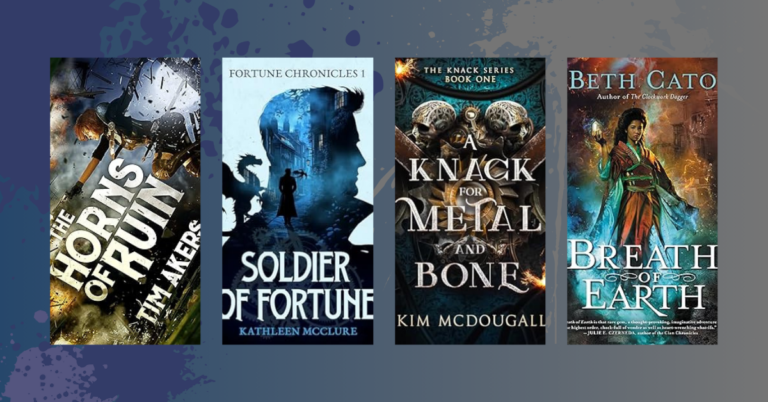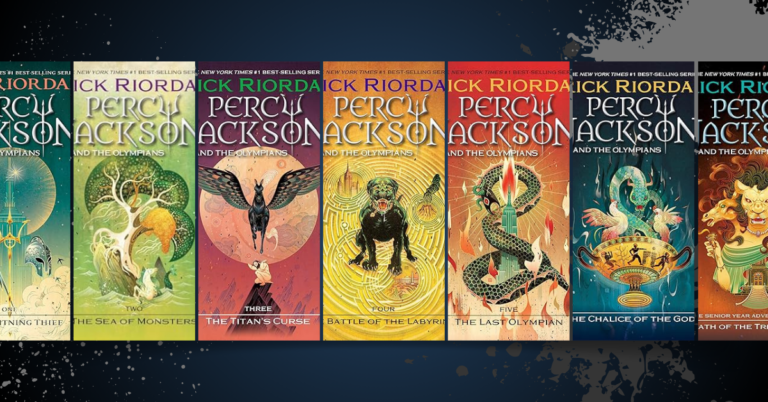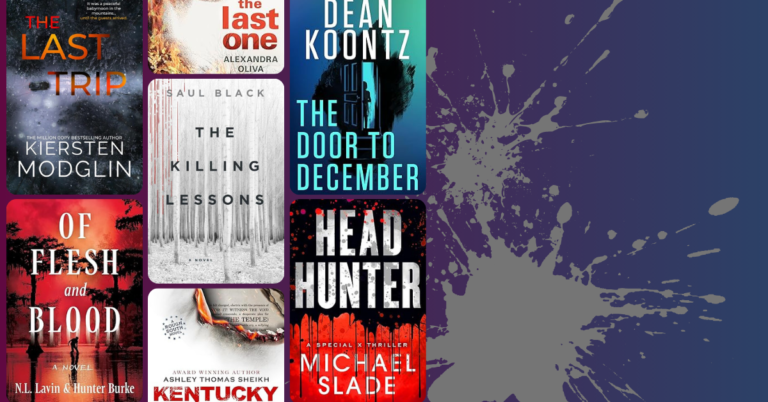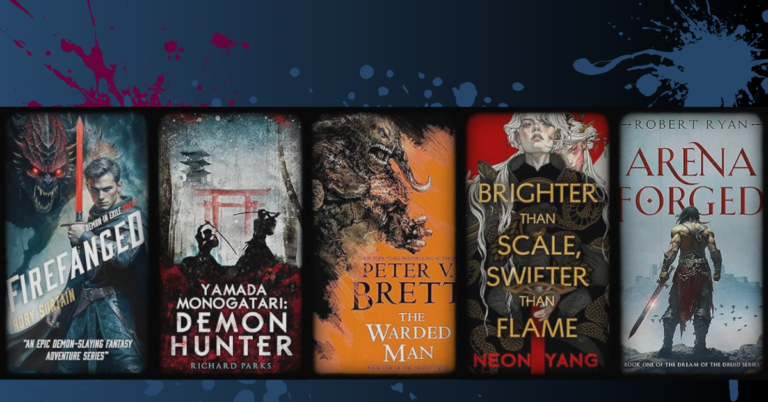Stop forcing yourself to finish bad books. Here’s how to quit without guilt and actually enjoy your TBR again.
DNF stands for Did Not Finish. That’s it. No Scarlet Letter. No walk of shame through your local library. It just means you made a smart decision to put down a book that wasn’t working for you.
The dirty secret of reading culture is that most people do DNF books. They just don’t like to admit it. Readers often abandon books that are too slow, too confusing, or simply don’t live up to the hype. But instead of calling it a failure, think of it as editing your reading life.
No one feels guilty about skipping a TV show they don’t like. Why should books be any different?
It’s Okay to Quit a Book
There’s a persistent myth that “real readers finish every book they start.”
Spoiler: real readers don’t waste time on stories that don’t spark joy. Reading is supposed to be fun, not a hostage situation.
Sometimes the problem isn’t even the book. It’s timing.
Maybe you picked up an epic fantasy when your brain really wanted a rom-com. That doesn’t mean the book is bad, it just means the vibe wasn’t right.
And then there’s the sunk-cost fallacy, the idea that because you’ve already invested 100 pages, you owe it to the book to keep going. But slogging through doesn’t get that time back. It just steals more from you.
Signs It’s Time to DNF
The line between “slow burn” and “soul-crushing slog” can be thin, but here are a few red flags:
-
You’d rather scroll TikTok than open the book again.
-
You keep checking how many pages are left.
-
You’ve re-read the same sentence three times and still don’t care.
-
You start finding chores more compelling.
Readers have developed their own rules of thumb to avoid endless suffering. Some swear by the 10% Rule: if you’re not hooked by the time you’ve read 10% of the book, let it go. Others use the Four-Chapter Rule, giving the story a few chances to get rolling before pulling the plug.
Bottom line: if you’re negotiating with yourself to keep going, that’s your cue.
How to DNF a Book Without the Guilt Trip
Here’s the secret: there’s no wrong way to DNF. Books don’t come with contracts, and your library card isn’t a binding legal agreement. The only rule is that you read what makes you happy. If a book isn’t doing that, here are smart, guilt-free ways to bow out:
-
Quit mid-sentence. Dramatic? Yes. Wrong? Never. Sometimes the best moment to call it is the exact second you realize you’re no longer invested. Think of it as ripping off a Band-Aid. You don’t need to keep bleeding to “get your money’s worth.”
-
Set a personal cutoff point. Decide in advance how much patience you’re willing to give. Having a benchmark helps you quit without second-guessing, because you already promised yourself you wouldn’t slog further.
-
Remember your TBR is endless. Seriously. New books are being published faster than anyone could ever read.
-
Reframe the guilt. Quitting isn’t a moral failure; it’s curation. You’re the editor-in-chief of your own reading life, and part of that job is cutting the dead weight. Instead of asking, “Why didn’t I finish this?” try reframing it as, “What am I making space for instead?”
-
Think of it like speed dating. Just because you sat down with a book doesn’t mean you’re obligated to stick it out. If the spark isn’t there, it’s fine to move on.
The truth is, most readers don’t remember every book they finish, but they do remember the ones that wasted their time. Letting go early is an investment in future five-star reads.
Embrace the Freedom of DNF
Here’s the thing: nobody is handing out medals for finishing books you hated. There’s no secret reader leaderboard where you level up by grinding through 600 pages of misery.
The only scoreboard that matters is how much joy, insight, or delicious heartbreak you get from the books you do finish.
Every book you DNF is a choice to invest in something better: the thriller that keeps you up past midnight, the romance that wrecks your emotions, the fantasy that makes you believe in magic again. That’s the whole point of reading, not checking boxes, but chasing joy.
So consider this your official Apropos-approved permission slip: DNF shamelessly, proudly, and often. Curate your shelves like the chaotic masterpiece they’re meant to be. Reading isn’t about endurance; it’s about delight.
Because at the end of the day? The only rule of reading is this: if a book doesn’t serve you, it doesn’t deserve you.


